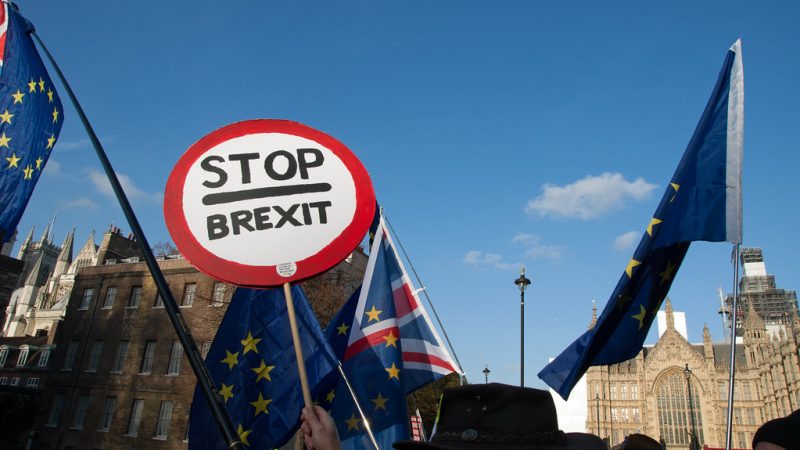“Yes, we suffered much more. A bit of that is that we have this larger financial sector. But I think it really goes back to Brexit."

The decision to leave the EU has cost the average UK household £1,000, due to a lack of investment following the referendum, a Bank of England economist has said.
Jonathan Haskel, an external member of the central bank’s Monetary Policy Committee (MPC), said investment had been “stopped in its tracks” by the decision to leave the EU.
In an interview with the Overshoot, he was asked about why Britain was an ‘extreme outlier’, given that the IMF predicts that the UK will be the only major economy out of the G7 to shrink in 2023.
He said: “Yes, we suffered much more. A bit of that is that we have this larger financial sector. But I think it really goes back to Brexit.
“If you look in the period up to 2016, it’s true that we had a bigger slowdown in productivity up to 2016, but we had a lot of investment. We had a big boom between 2012-ish to 2016.
“But then investment just plateaued from 2016, and we dropped to the bottom of G7 countries.”
Haskel went on: “I say we were at the top of the wave of investment in 2012. If we pushed that out a little bit, then our slowdown may not have looked quite so bad, but it was stopped in its tracks in 2016.”
He also highlighted the hit to productivity as a result of the referendum which he said was about 1.3% of GDP, or around £29bn.
It was revealed last year that Brexit has cost the UK economy a staggering £33bn in lost trade and investment. Research by the Centre for European Reform (CER), shared with The Independent, shows that Britain’s economy is 5.5 per cent smaller than it would have been if the country had remained inside the EU.
Meanwhile, Tories like Rishi Sunak continue to hail Brexit as a ‘huge opportunity’.
Basit Mahmood is editor of Left Foot Forward
Left Foot Forward doesn't have the backing of big business or billionaires. We rely on the kind and generous support of ordinary people like you.
You can support hard-hitting journalism that holds the right to account, provides a forum for debate among progressives, and covers the stories the rest of the media ignore. Donate today.



